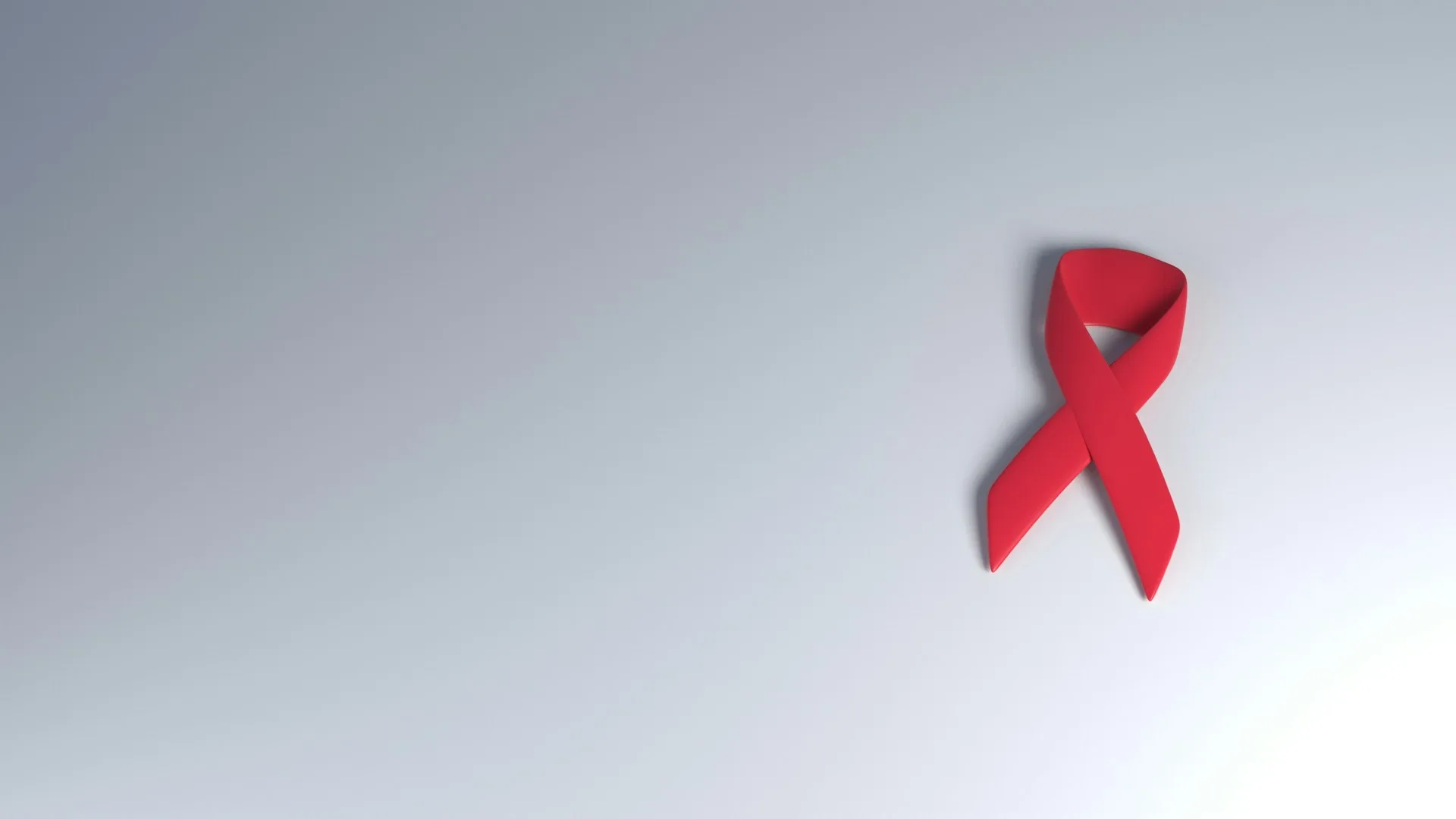Early diagnosis of HIV infection and timely initiation of treatment can preserve health and quality of life. One of the most convenient ways to check your status is HIV self-testing. This information is provided by the Public Health Center of Ukraine.
Self-testing involves the use of rapid tests that allow you to independently determine the presence of HIV antibodies in oral fluid or a drop of blood. The result is ready in 20–30 minutes.
The Public Health Center explains how to interpret the results correctly:
– if only one control line is visible, HIV infection has not been detected;
– two lines (control and test) indicate the presence of HIV antibodies;
– the absence of a control line means that the test is invalid.
Read also: The Public Health Centre explained why snus is dangerous
The Center emphasizes that a positive self-test result is not a definitive diagnosis. In such cases, you should consult a doctor for additional testing. If the result is negative but you have symptoms of infection, you should also be examined at a medical facility.
Doctors advise: if less than 72 hours have passed since the risky situation, you need to see a doctor for post-exposure prophylaxis. If more than 72 hours but less than 3 months have passed, the test may not detect the infection, so retesting is required after 3 and 6 months.
A free hotline for HIV/AIDS issues is available for consultation at 0 800 500 451. There is also a network of testing sites in Ukraine. You can find the nearest one at: testporuch.phc.org.ua
Read also: Online course from the CPH: how to work with HIV among key populations



